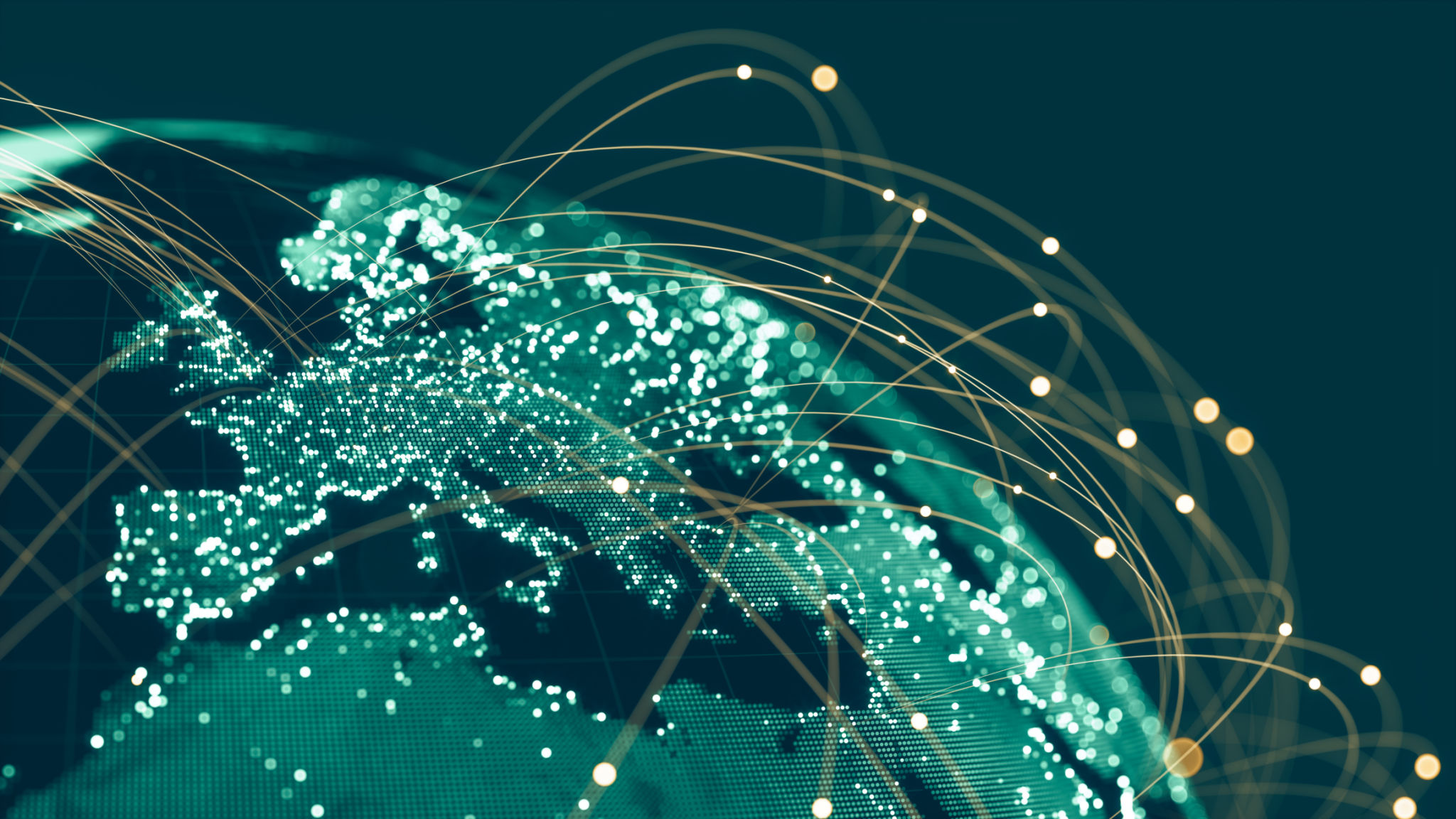The Impact of Regional Factors on Gold Trading in the Middle East
Understanding the Middle East Gold Market
The Middle East has long been a pivotal region for gold trading, influenced by its rich history and cultural significance of the precious metal. The region's strategic location, connecting Asia, Europe, and Africa, makes it a vital hub for gold exchange and trade. This positioning not only enhances accessibility but also contributes to the region's dynamic market conditions.
Gold in the Middle East is often seen as a symbol of wealth and prosperity, deeply embedded in cultural and traditional practices. This cultural affinity towards gold has created a robust demand that continues to drive trading activities across the region.

Economic Influence on Gold Trading
The economic landscape of the Middle East significantly impacts gold trading. Countries rich in oil resources, such as Saudi Arabia and the United Arab Emirates, leverage their economic power to influence gold market trends. The wealth generated from oil exports often translates into an increased ability of consumers and investors to participate in gold trading.
Furthermore, economic stability plays a crucial role. Nations experiencing economic growth tend to see a rise in disposable income, which can lead to elevated levels of gold purchasing. Conversely, economic downturns might lead to increased selling as individuals seek liquidity through their gold reserves.
Political Factors and Their Role
Political stability is paramount in maintaining a healthy gold trading environment. The Middle East's geopolitical landscape is complex, with ongoing conflicts and tensions sometimes affecting trade routes and market confidence. However, countries with stable governments often provide a conducive environment for gold trading, attracting both local and international investors.
Initiatives by governments to regulate and facilitate gold trade can significantly impact market dynamics. Policies that promote transparency and security in transactions can enhance trust among traders and investors, fostering a more vibrant market.

Cultural Significance and Demand
The cultural importance of gold in the Middle East cannot be overstated. Gold is often used in traditional ceremonies and as gifts during special occasions, sustaining its demand throughout generations. This cultural factor ensures a steady consumer base that supports local jewelers and traders.
In addition to cultural uses, gold is also viewed as a reliable investment option. In times of financial uncertainty, many turn to gold as a safe haven investment, further fueling demand within the region.
Technological Advancements in Trading
The integration of technology into gold trading has revolutionized the market in recent years. The advent of online trading platforms has made it easier for investors to buy and sell gold from virtually anywhere, increasing market participation and liquidity.

Moreover, technology has improved transparency in transactions, reducing the risk of fraud and enhancing trust among traders. These advancements have made it possible for the Middle East to remain competitive in the global gold market.
Conclusion
The impact of regional factors on gold trading in the Middle East is profound, shaped by a mixture of economic, political, and cultural influences. As the region continues to evolve, understanding these dynamics will be crucial for investors and traders looking to tap into the Middle Eastern gold market. With its rich history and promising future, the Middle East remains a cornerstone in the global gold trading landscape.